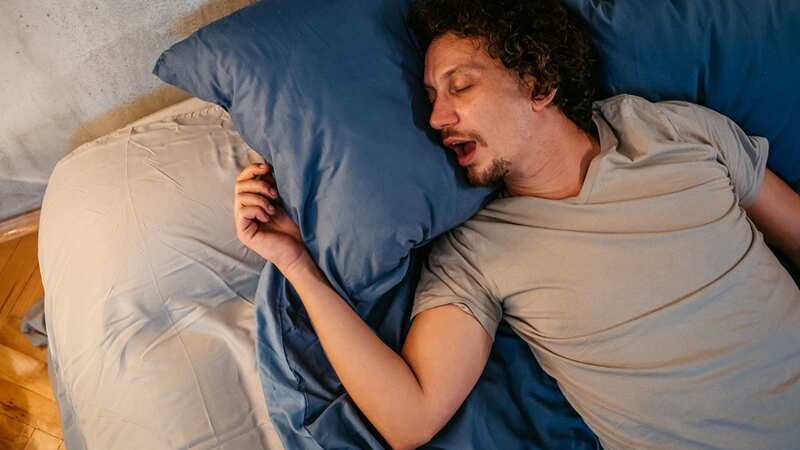Serial snorers might be eligible for up to £156 a week due to medical condition

Snoring is often seen as nothing more than an annoying habbit, but it could actually be a sign of underlying health issues.
Poor lifestyle choices such as smoking, drinking alcohol, and being overweight can cause people to snore. If you're keeping your partner awake at night, you might also end up being forced to sleep on the sofa - which nobody finds enjoyable.
But, the NHS lists loud snoring as a common symptom of a health issue that technically means you could get up to £156 a week. Of course, it's not straight forward to receive any kind of benefit, and there are multiple stages in figuring out your eligibility.
Sleep apnoea is a condition when your breathing stops and starts during your sleep. If left alone, the issue can can get much more serious and will start to effect other health markers like your blood pressure.
Those with sleep apnoea may need to sleep with a CPAP machine - which 'gently pumps air into a mask' that you wear over your mouth. Other treatments include using a gum-shield type device that keeps your airways open, as well as surgery.
 Teachers, civil servants and train drivers walk out in biggest strike in decade
Teachers, civil servants and train drivers walk out in biggest strike in decade
The most common symptoms of sleep apnoea include:
- Breathing stopping and starting
- Making gasping, snorting or choking noises
- Waking up a lot
- Loud snoring
These symptoms may also prevent issues during the day, such as difficulty concentrating, severe fatigue, mood swings, and morning headaches. If your GP says your snoring is a syptom of sleep apnoea and this is affecting your day-to-day life, you may be eligible for a Personal Independence Payment (PIP) from the Department for Work and Pensions (DWP).
Let's be clear: you can't just claim because you're a snorer. You'll need an official diagnosis of sleep apnoea - and have lost your ability to complete simple tasks such as eating, drinking, and dressing yourself - or have issues with mobility due to the condition.
If you apply for PIP and are successful, your payment could exceed £150 per week to help support any additional needs you require. But, you will have to prove that your daily living is compromised.
For each task they'll look at whether you can do it safely, how long it takes you, how often your condition affects this activity, and whether you need help to do it, from a person or using extra equipment.
If you need help applying for PIP, you can get help from Citizens Advice
Do you have a hack to stop snoring? Let us know in the comments section below
Read more similar news:
Comments:
comments powered by Disqus

































